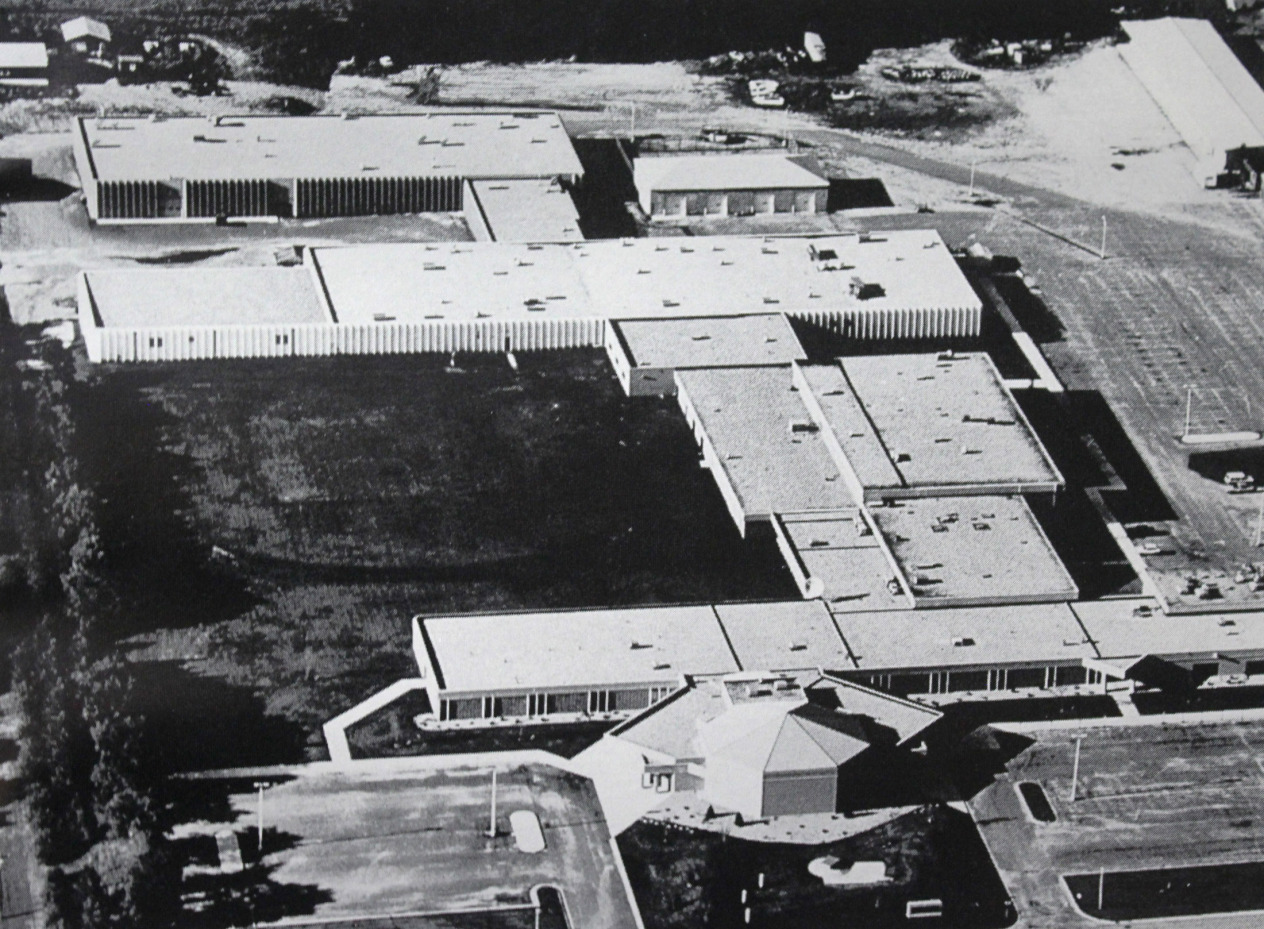Title
BIOL2220 - General Microbiology
API ID
Credits
4 (3/1/0)
Description
Meets MnTC Goal Area 3. This course provides an overview of the structure and function of microorganisms, including archaea, bacteria, viruses, fungi and parasites. Students will examine the molecular diversity, genetics, physiology and ecology of these organisms in relation to microbial evolution, industrial and applied applications, and host-pathogen interactions. Lecture is accompanied by laboratory experiences, including aseptic technique, differential staining procedures, cultural and physical characteristics, biochemical testing, microbial control, microbiology of water and soil, and identification of unknown cultures.
Prerequisites
Competencies
- Explain and apply fundamental concepts related to the taxonomy, structure, function and ecology of microbes including bacteria, viruses, fungi and protista.
- Use critical thinking skills to understand, evaluate and analyze processes related to microbes: a. Microbial pathogenesis b. The response of the mammalian immune system to microbial infection c. Microbial metabolic diversity d. Microbial biotechnology.
- Demonstrate ability to use the microscope, identify microbes, and perform several staining techniques.
- Utilize and understand the application of the isolation of microbes from the environment, food and water.
- Understand the action of antibiotics and disinfectants.
- Formulate a hypothesis, and conduct and analyze an experiment with a model organism.
- Organize, draft, edit and revise formal scientific writing.
- Read, interpret, incorporate and cite information and ideas from primary literature into writing.
Goal Areas
3. Natural Sciences
Degrees that use this course
Degrees that use this course
Degree:
Associate of Science (AS)
Location:
Fergus Falls Campus
Moorhead Campus
Credits:
60
